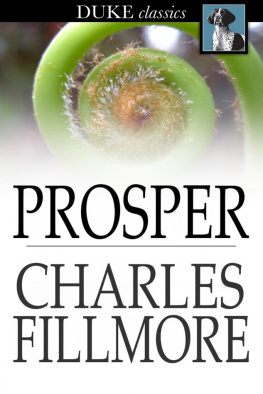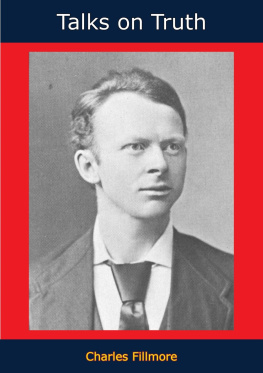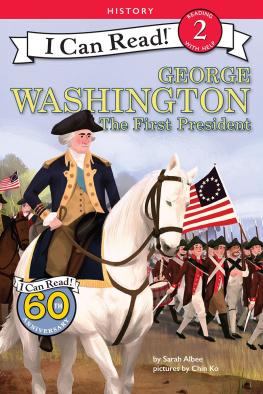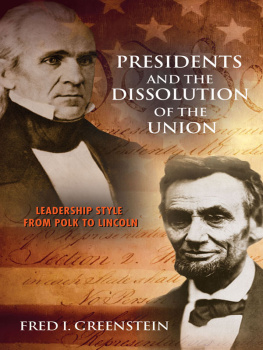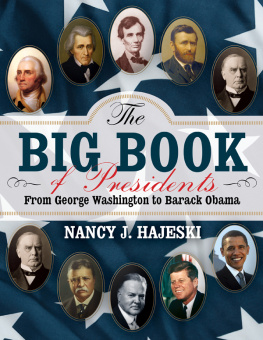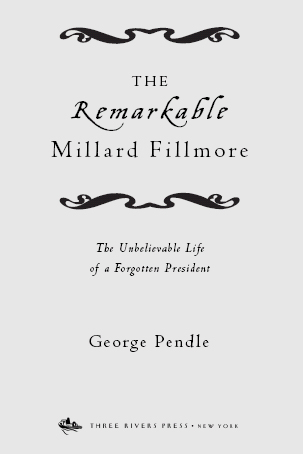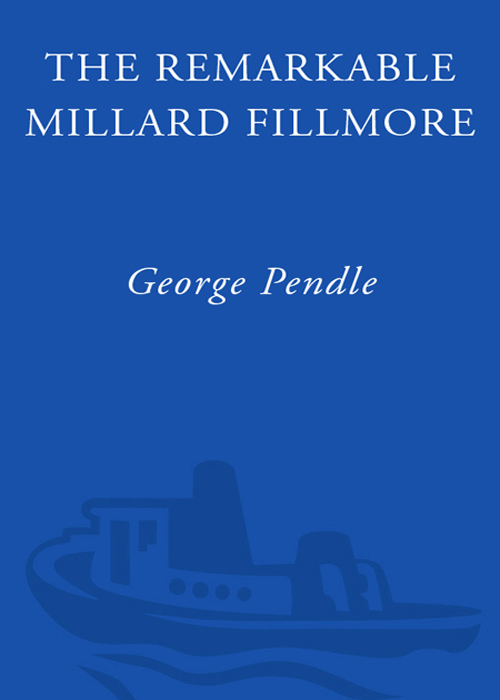
Contents
1.
I, Fillmore
2.
Fillmore, Man of Law
3.
Fillmore the Explorer
4.
Fillmores Progress
5.
Fillmore Amongst the Natives
6.
Fillmore the Kingmaker
7.
Fillmore Goes West
8.
Fillmore Restored
9.
Fillmore for President!
10.
Fillmore Abroad
11.
Fillmore Agonistes
12.
Fillmore Errant
13.
Fillmore Unbound
TO CHARLOTTE
First Lady
Millard Fillmore demonstrated that through methodical industry and some competence an uninspiring man could make the American dream come true.
The White House (official Web site)
Fillmore was a pompous, colorless individual who rose far beyond his ability.
The Readers Companion to American History
To discuss Millard Fillmore is to overrate him.
American Heritage magazine
Mr. Fillmore is a remarkable man.
Woodworths Youths Cabinet, September 1850
Authors Note
The Remarkable Millard Fillmore is the first comprehensive biography ever to be written of the thirteenth president of the United States of America. Through a thorough reevaluation of the recognized facts, as well as the unearthing of previously unknown sources, it is my hope to redeem the reputation of a forgotten giant.
It cannot be denied that the official record of Millard Fillmores life seems to leave little to contemplate. The history books state that during his presidency he held to an unwavering course of inaction, straying from it only to demonstrate an astounding ability to compromise his principles. Compared to recent depictions of the Founding Fathers, the Fillmore that has been passed down to us seems to lack the vigor and depth we tend to associate with great Americans. Unlike Alexander Hamilton or Benjamin Franklin, it is said that Fillmore failed to imprint his personality upon the countrys institutions, preferring instead to be carried along like flotsam by the inertial force of politics. And while recent portraits of George Washington and Abraham Lincoln have confirmed both presidents as deeply complex and emotional men, as well as figureheads to the nation, Millard Fillmore has been depicted as nothing other than a blundering, pompous, ultimately shallow failure.
This could not be more wrong.
As knowing the genesis of a book can often aid the reader in understanding its subject, it should be acknowledged that from conception to completion the writing of this biography has been an intensely personal experience. Three decades ago, when I first pushed open the imposing oak doors of the Biographers Club in Washington, D.C., I was overawed by the grandeur and eminence of that institution. What great minds worked here! What mighty tomes had their genesis in these majestic corridors! No sooner had I entered the club on that cold December day than Carl Sandburg, that stormy, husky, brawling old man of American letters (and Pulitzer Prizewinning biographer of Abraham Lincoln), called to me from across the imposing marble lobby. Boy, he saidfor I was barely out of my teenswhats your subject? His surrounding cohort of cronies tittered sycophantically. It had been during my college years that I first discovered the black hole in American history covering the years of the presidency from 1850 to 1853. A little delicate probing found that the figure at the center of this factual vacuum was none other than the subject of the biography you hold in front of you. In a stammering voice I replied, Millard Fillmore, Mr. Sandburg, sir. He paused and looked at me with widening eyes as a hush fell on the other members. His shock of white hair surrounded his skull like an oddly menacing halo. And then, in a booming voice, he cruelly shouted, Fillmore? You idiot! That pecker never did a damn thing in his life! The color drained from my face as his minions guffawed obsequiously. I was about to retreat out of the door when Arthur Schlesinger Jr. crept up behind me and, grabbing the top of my underpants, hoisted them halfway up my back.
From that day on, anonymous notes began to appear in my club locker describing me as a vain mediocrity, as the popular press had once labeled Fillmore. I was referred to as His Accidencya nickname that had been given to Fillmore upon his succession to the presidency following the death of President Zachary Taylorand my colleagues made sure that I constantly suffered accidents of my own on visits to the club. A bucket of ice water once fell on me from the gallery, causing me significant distress, and upon leaving my overcoat in the cloakroom I would often return to find that the sleeves had been sewn shut.
This sort of abuse would continue for thirty years. But I am of a stubborn disposition and not easily cowed by criticism. As my peers gained acclaim for their presidential biographies of Washington, Jefferson, and Lincoln, I kept to myself, and through the years of insult and injury, I drew strength from Millard Fillmore.
I often imagined myself walking next to his robust form, the light dappling his fine head of hair, as I vainly tried to keep up with his powerful, thrusting stride. During these reveries he might offer me some deep insight into human nature, help me climb a stile, or calm a wild bull into whose pasture we had wandered by accident. I pictured us lounging beneath a mighty oak, Fillmores weighty words painting the night air in fantastical colors. Gazing upon him was like looking upon the embodiment of the United States itself: imperious, brave, beautiful.
In 2001, I received a phone call in the early hours of a spring morning. This was not an uncommon experience. When the older members of the Biographers Club convened after a long supper they would often telephone my house shouting out such childish jibes as Three more years! (a taunt at the length of Fillmores presidency) before hanging up amidst much drunken snickering. Yet this phone call was different. A voice insisted that I take the next plane to Arua, a small village in northern Uganda. When I asked who my midnight interlocutor might be, he introduced himself as Dr. Pepe Rockefeller, professor of anthropology at New York University. Having heard of my three-decade-long quest to publish Fillmores definitive biography, Dr. Rockefeller said he had uncovered something that might be of interest to me.
While studying the Aka pygmies in their tribal homelands within the rainforest, my contact had found an old portmanteau bearing the presidential seal. The case dated back to 1873the year before Fillmores deathand was filled, he said, with letters and journals signed Millard Fillmore. My heart skipped a beat. As if in a dream, I was soon stepping down onto an earthen airstrip in the midst of the African jungle, my life savings in a briefcase handcuffed to my wrist. I was thrilled to find that the documents were in remarkably good condition considering the humidity, the rainfall, and the attentions of the Aka, who, said my contact, had been worshiping them as sacred objects for generations.
It must be acknowledged that some scholars of American history have claimed the handwriting in these documents does not match that found in official government papers. Some have even hypothesized that as the journal and letters appear to have been written in ballpoint pen (which was supposedly not invented until 1938), they are obviously counterfeit. To my eyes it is obvious that these alleged inconsistencies merely confirm the vast and unheralded accomplishments of Millard Fillmores own life. Imagine! A president of the United States inventing the ballpoint pen some ninety years before Lszl Bir fraudulently affixed his name to the invention. This fact alone would change the history books forever, and put to shame Lincolns patent no. 6469 for a device to lift boats over shoalsan invention, I hasten to add, that was never even manufactured.
Next page

